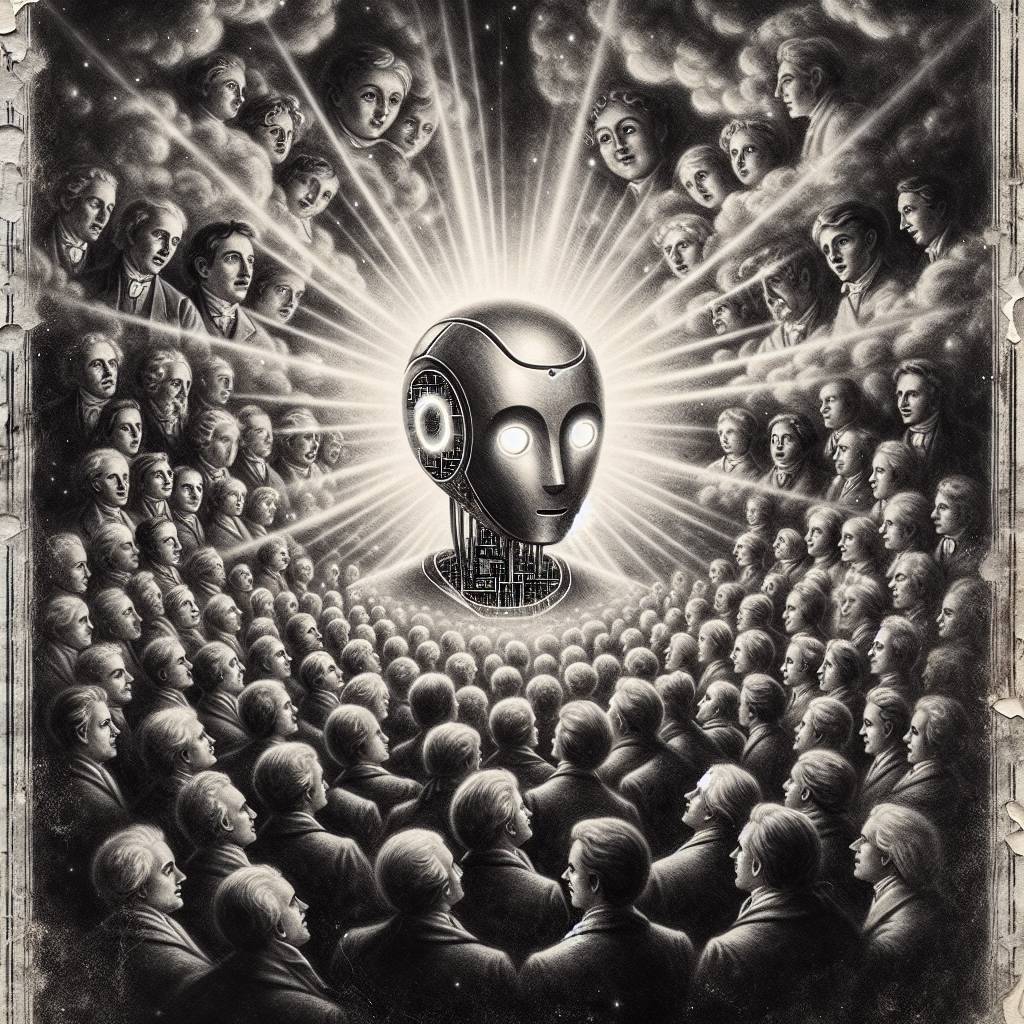Okay, deep breath, let's get this over with. In the grand act of digital self-sabotage, we've littered this site with cookies. Yep, we did that. Why? So your highness can have a 'premium' experience or whatever. These traitorous cookies hide in your browser, eagerly waiting to welcome you back like a guilty dog that's just chewed your favorite shoe. And, if that's not enough, they also tattle on which parts of our sad little corner of the web you obsess over. Feels dirty, doesn't it?
AI Chatbots to the Rescue: Busting Conspiracy Theories One Chat at a Time
Chatbots can persuade people to stop believing in conspiracy theories. Researchers found that chatting with an AI chatbot reduced belief in conspiracy theories by 20%, even for those who held these beliefs as part of their identity.

Hot Take:
**_Who knew our savior from tinfoil hats and moon landing deniers would be an AI chatbot? Move over, FBI agents in disguise—there’s a new conspiracy buster in town, and it doesn’t even need a coffee break!_**
Key Points:
– Researchers from MIT Sloan and Cornell University have found that AI chatbots can reduce belief in conspiracy theories by about 20%.
– Chatting with a large language model (LLM) even swayed those who held strong conspiracy beliefs tied to their identity.
– Google’s new tool, DataGemma, aims to fact-check AI responses and cite reliable sources.
– Neuroscientists and architects in East London are collaborating to build better buildings using simulated worlds.
– OpenAI has released an AI model with ‘reasoning’ capabilities, pushing the boundaries of human-like artificial intelligence.

